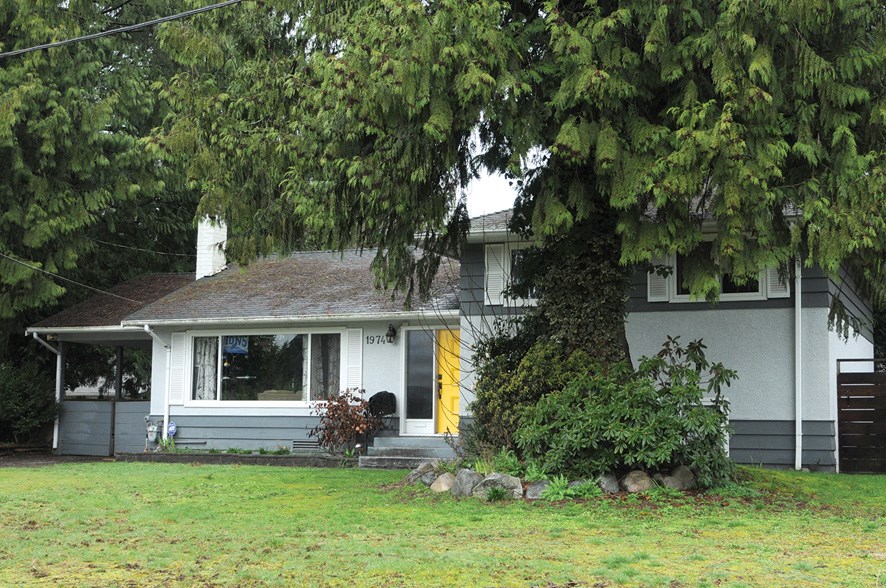A B.C. Supreme Court justice has ruled that contracts for the sale of three North Vancouver development properties were binding, even though the seller later said he’d never made a deal.
Justice Bruce Greyell ruled in a decision earlier this month that the contract by Ali-Reza Kazemi and his numbered company to sell three single-family properties to real estate developer Intergulf Investment Corp. for a total of $3.5 million was binding and should be enforced, despite Kazemi’s argument in court that he never closed the deal.
According to the judge’s written decision, Kazemi, a North Vancouver medical doctor, was involved in real estate investment. At the time of the dispute, in February 2015, Kazemi owned 25 properties and was in the process of buying a strip mall in Horseshoe Bay.
In early 2015, according to court documents, Kazemi decided to “test the market” to see if he could sell three properties he held in an area of North Vancouver west of Capilano Road designated for redevelopment.
The properties, at 1901 and 1927 Glenaire Dr. and 1974 Belle Isle Place, are in a Lower Capilano enclave of 50- to 60-year-old houses slated for multi-family redevelopment as the Lions Gate Village neighbourhood.
According to court documents, two real estate agents, including one who had a longstanding business relationship with Kazemi, met with representatives of Intergulf in early 2015 to look at the properties and discuss a possible sale.
On Feb. 6, 2015, Intergulf made offers on all three properties, which Kazemi did not respond to.
On Feb. 19, when the offer had expired, Kazemi responded to Intergulf, raising the prices of all three properties by $100,000 each. Company representatives subsequently accepted those offers on Feb. 20 and drew up deposit checks.
The following week, according to court documents, Kazemi received other offers for the properties, including one for $1.23 million from Citimark Properties Corp., another development company.
Intergulf launched the lawsuit to enforce the original sales contract, arguing the only reason Kazemi wanted to renege on the deal was that he’d subsequently received a better offer.
During the trial, Kazemi argued the documents he sent back to Intergulf raising the asking prices of the three properties were “simply to get the attention” of the company and were not intended as legally binding offers.
But the judge disagreed, ruling that Kazemi’s counter-offer with prices of $1.15 million, $1.15 million and $1.2 million represented a legally binding deal.
As an experienced real estate investor, the judge wrote, it was unlikely that Kazemi had simply intended to sound the company out.
More likely, the judge wrote, was that when Kazemi and his longtime Realtor “became aware the properties could be sold for more than the amount on the counter offer,” they “decided to simply ignore Intergulf’s acceptance of the counter offer.”
The properties are now all valued at between $1.5 million and $1.6 million according to B.C. Assessment, with almost all of that value in the land.
Two townhouse development applications, including one for an 87-unit project by Citimark and another for a 23-unit unit project by PC Urban, have been submitted to the District of North Vancouver for neighbouring properties.



